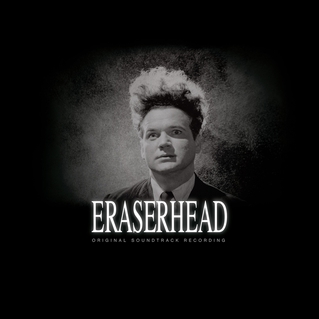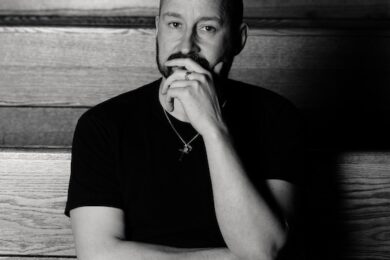5. David Lynch, Peter Ivers and Fats WallerEraserhead

I first saw Eraserhead in the early days of Channel 4. It’s one of those things like, what the fuck is this? Back in those days we didn’t have home theatres like we do now – you can play your Blu-ray through five channels or whatever – so I bought the soundtrack album and used to watch the film while playing the soundtrack album through my stereo so I could have it as loud as possible. It’d just be going like pppfpffpfwowooom! I loved it. It’s a world that’s so imaginative and it’s somewhere you can get lost and have ideas. Lynch always brings that to you.
Even in his own music that he’s doing there’s a weird normality that’s just off, even when he’s doing that twangy, bluesy, fifties, perfect suburban America-type of picket white fence thing. There’s always a dark undertone to it. You’ve got that in Eraserhead but it’s also there in Blue Velvet at the beginning where you see the red, white and blue of the fire truck coming by with the fireman waving, you’ve got the white picket fence, the blue sky… and then it sort of descends into the grass and we start hearing the dark underbelly of the world. It’s so poetic, so imaginative and just so much smarter than somebody saying, "Something’s not right here, in Perfecttown USA…" I love that stuff. I don’t tend to listen to a lot of film soundtracks these days, because by and large they’re not that interesting. But there are always certain ones – Jóhann Jóhannsson’s score for Prisoners, which was my favourite of last year – these are outside the norm of accepted film music, if you like.


